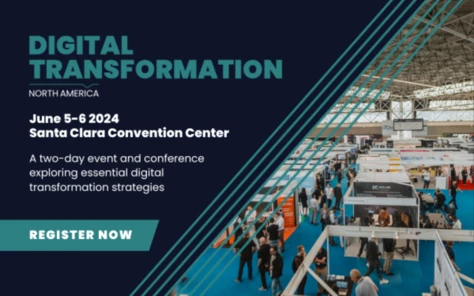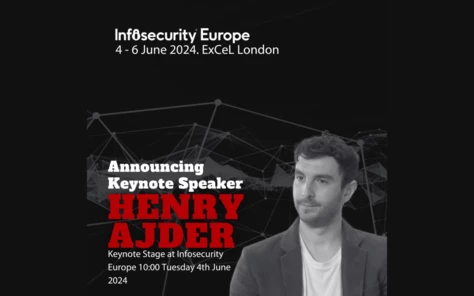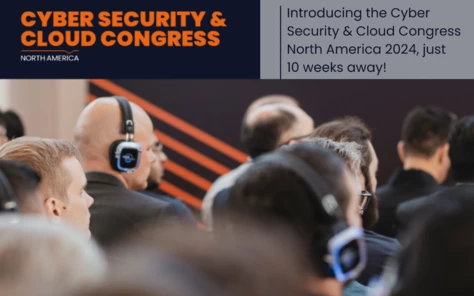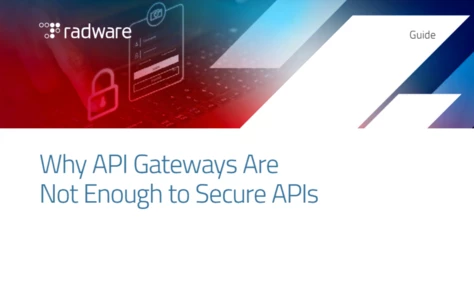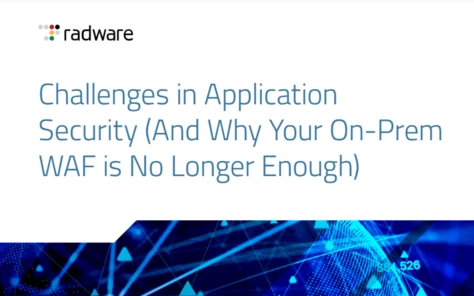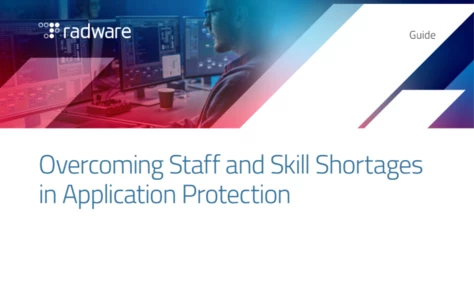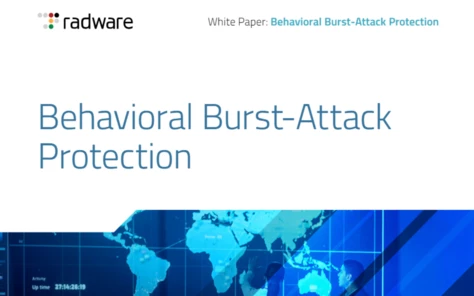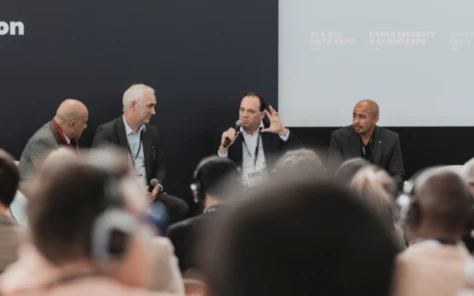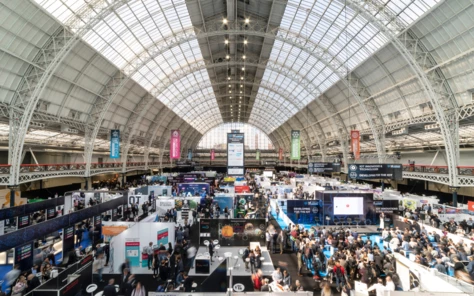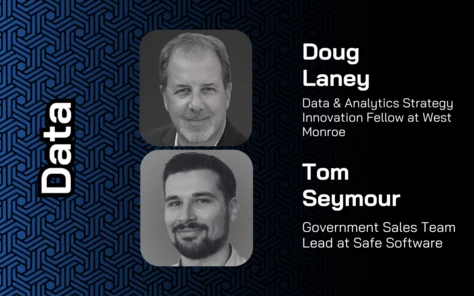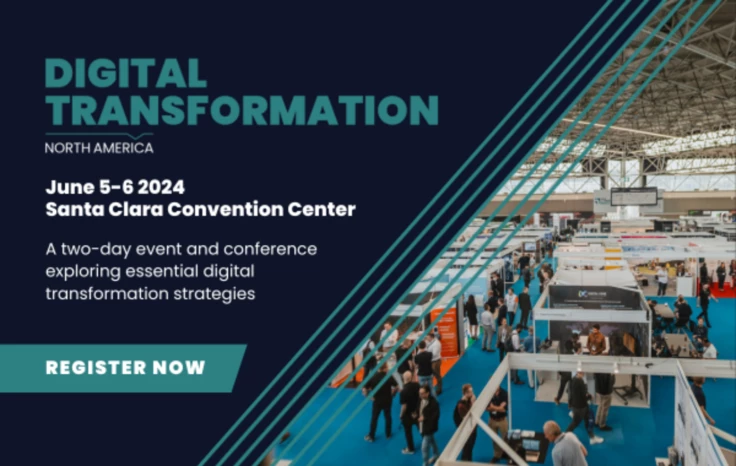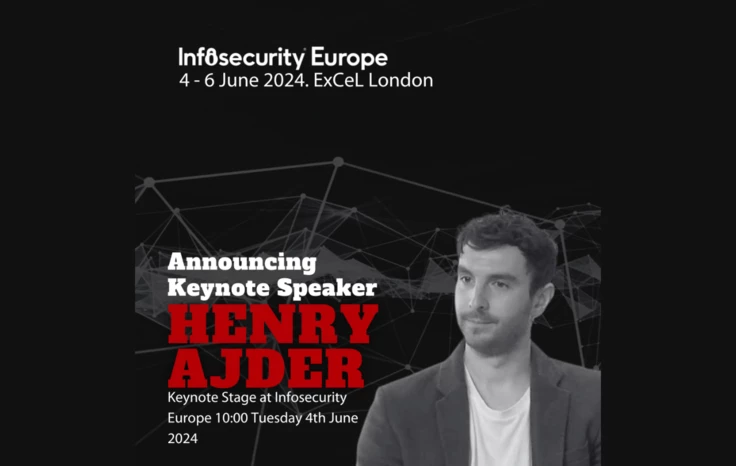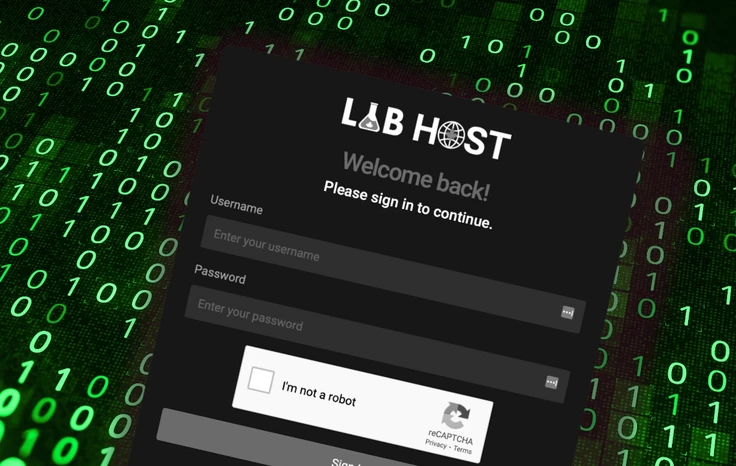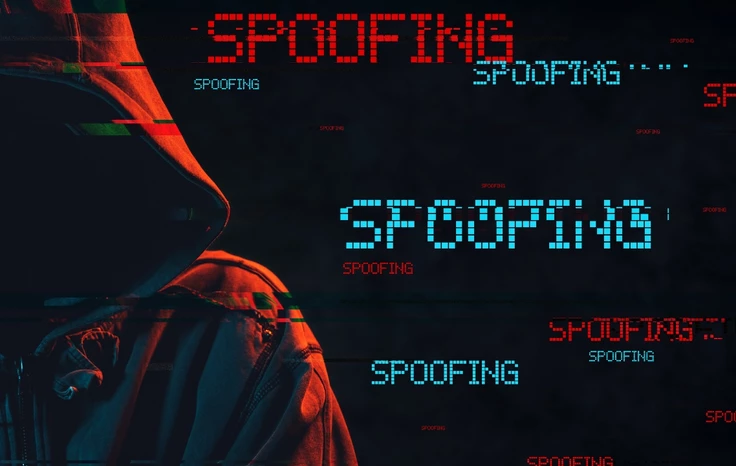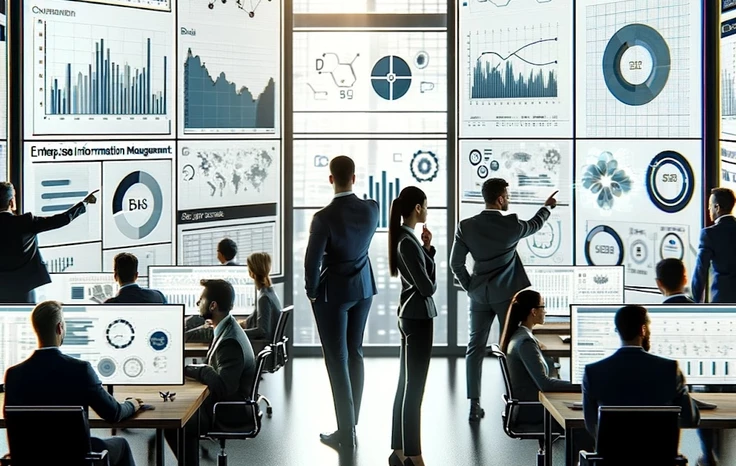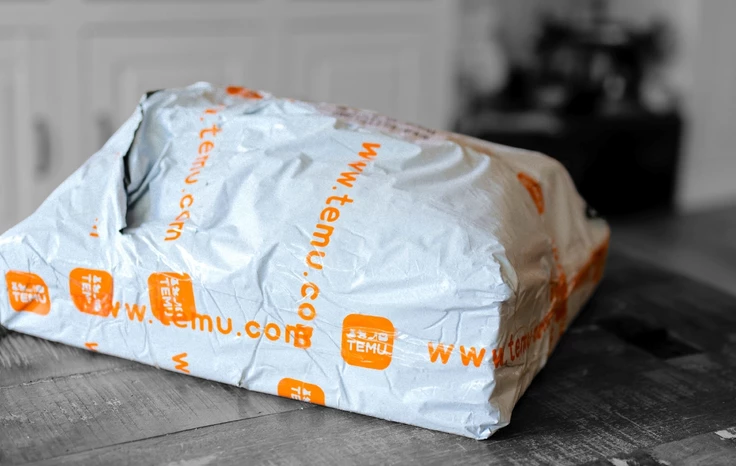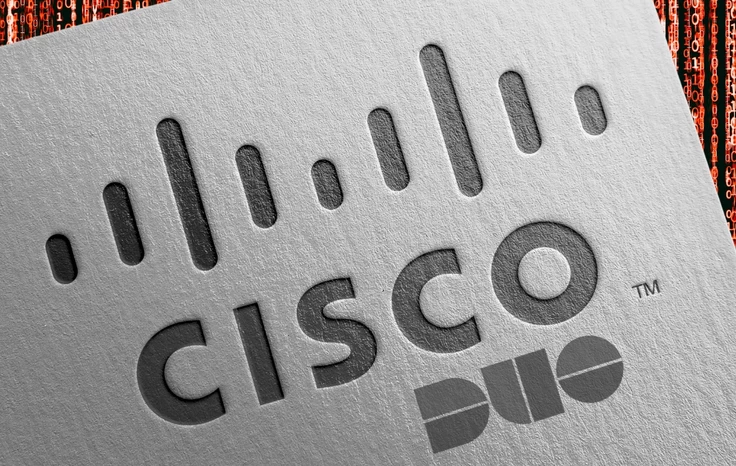What is Health Technology? Definition, Benefits, Challenges
IP EXPO Europe 2018: Europe’s number one enterprise tech event
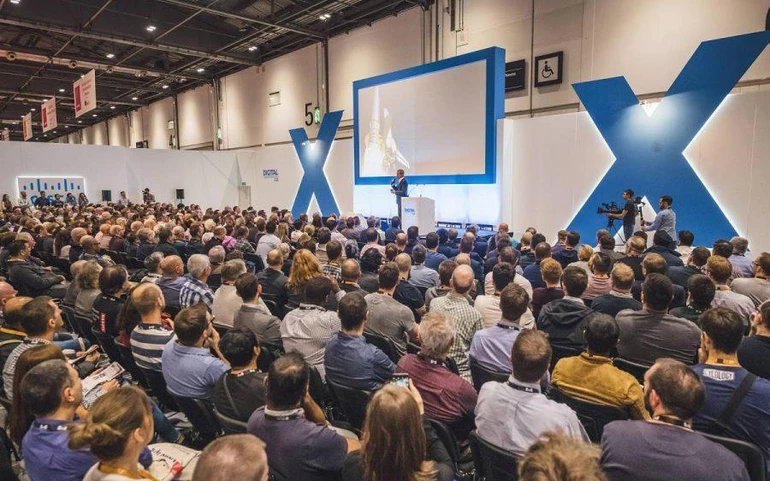
Over the past two days, EM360 attended the prestigious IP EXPO Europe 2018. The event consisted of innovative inventions, thought-provoking seminars, and more than 300 exhibitors.
The expo combined six events under one roof: IP EXPO, Cyber Security X, Developer X, AI-Analytics X, Internet of Things X, and Blockchain X. The day commenced with an inspiring keynote from the astronaut Christ Hadfield, while the remainder of the event entailed over 300 seminars across 23 theatres. We were truly spoiled for choice.
Here’s a sample of some of our favourite sessions:
The Modern State of Insecurity - Matt Lock
Matt Lock, Director of Sales Engineers at Varonis UK, kicked off the seminars in the Cloud Security Theatre. He discussed the anatomy of a breach, the stages of an attack, and the common ways to steal data. Lock asserted that "the target is our data," but "we make it too easy" for hackers to acquire it. As a result, he urged the audience to ensure that data is "not in the dark" and also "making sure everything" is "sustainable." Lock also referred to a Data Risk Report, an assessment performed on 130 organisations. The statistics show that 41% of firms have at least 1,000 sensitive files opened to every employee, and 58% have over 100,000 sensitive folders opened to every employee. In addition, an overwhelming 76% of folders contain stale data. He added that 74% of companies have over 1,000 stale, sensitive files.
Accelerating Digital Transformation - Curtis Peterson
SVP Cloud Operations Curtis Peterson at RingCentral opened with the bold statement "the way we live our lives has changed." In short, the standard model for business is transitioning to a digital model. Peterson insisted that the rise of Netflix, Uber, and Spotify has "transformed old-school enterprises." As a result, he advised that companies stick to their "critical capabilities" and "empower employees to be more productive" to speed up the transformation process. He added that "the way people communicate has changed." Specifically, the way people communicate has become "multi-modal, global, mobile, always-on." According to Peterson,
"The way people collaborate has changed"
Meetings are now on-demand with video, and Peterson asserted that this will "elevate communications." Nevertheless, he added that this form of communication requires a culture change in order to truly accelerate digital transformation within a business.
Where is the value in IoT? - Richard Bennett
Richard Bennett, Head of Accelerate and Advisory Services at VMware, gave an insightful talk in the Access Plus IoT & Analytics Theatre. Filled with anecdotes about his smart home and Yorkshire, Bennett's seminar made for an engaging and educational session. According to Bennett, the IoT is an "enormous opportunity" to connect people, data and things. However, he said "we are still at the cusp of how we adopt IoT" and turn it into revenue. Bennett believes that we have to "blend" human beings with the IoT, rather than replace them. He added:
"we are on a journey towards autonomy, but we need the internet of things to get there."
The actual value of IoT is when "we start to think about customer experience." If this is achieved, we will be able to monitor high risk environments, improve environmental sustainability, and enhance the lives of citizens.
Collaborate or Die - Scott Campbell
The charismatic Director of Deloitte Ventures conducted an engaging seminar in the Keynote Theatre. Over the course of ten years in the role, "Collaborate or Die" has become Campbell's "personal mantra." According to the Director, "collaboration is trust" - not communication tools like Whatsapp or Slack. Instead, he deems collaboration to be a "mindset." Apparently, the "presence of the exponential tend" keeps Campbell up at night. The challenge of corporations and economies is determining how to invest in "the left hand side," or the exponential line. One of the ways to venture into that market (the left hand side) is collaboration. 85% of execs believe that innovation is "very important," and 41% are "extremely at risk" of disruption. Campbell insisted:
"The tricky bit is overcoming the mindset for collaboration...you need good friends to survive and thrive."
Top 5 Lessons Learned in Deploying AI in the Real World - Joshua Robinson
Joshua Robinson presented an interesting talk on the importance of data in machine learning. As a Data Scientist at Pure Storage, Robinson is responsible for building Pure's expertise in big-data, advanced analytics, and AI. According to Robinson, data "underpins AI algorithms," and deep learning algorithms utilise more data in comparison to traditional algorithms. These modern frameworks mean that the more data you add, the better they perform. Moreover, Robinson insists "you need a solid foundation of data before you build an algorithm." He added that it is best to keep these five lessons in mind when deploying AI in the real world:
- AI is a Data Pipeline
- Don't throw all data into a data lake
- Cloud or not to cloud
- Lies, Lies and Benchmarks (don't trust benchmarks)
- Ideal Data Platform is a Data Hub
And finally, Robinson's key takeaway is crucial:
"Data is the most important part of AI"
Enjoyed this article? Take a look at our review of the Information Builders Summit 2018.


